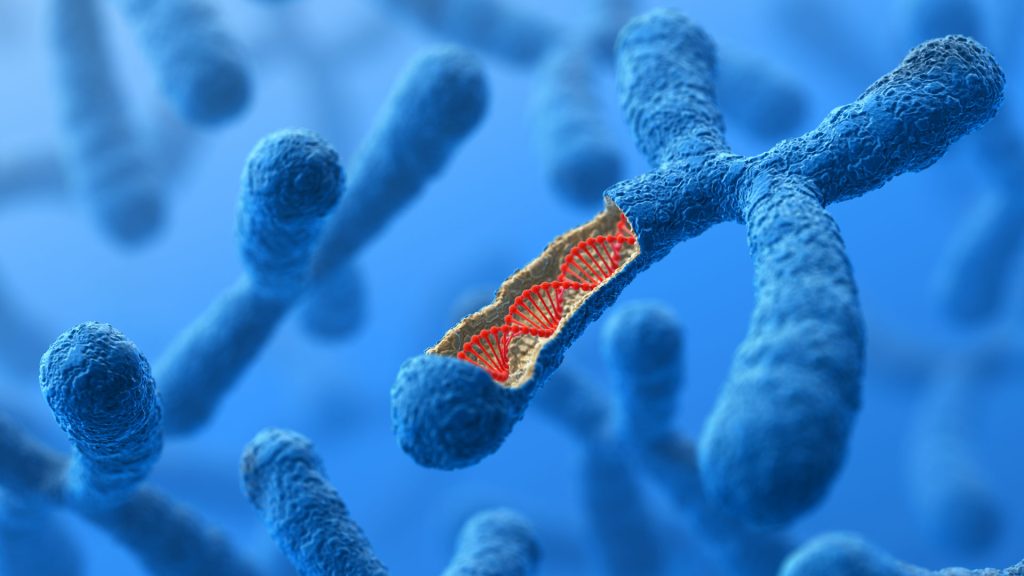CAMBRIDGE, Mass., Aug. 31, 2023 (GLOBE NEWSWIRE) — Foghorn® Therapeutics Inc. (Nasdaq: FHTX), a clinical-stage biotechnology company pioneering a new class of medicines that treat serious disease by correcting abnormal gene expression, today announced the first patient has been dosed in the Phase 1 study of FHD-286 in combination with decitabine or cytarabine in relapsed and/or refractory acute myelogenous leukemia (AML).
“Based on the broad differentiation effect previously seen in the single-agent escalation study, we believe FHD-286 has the potential to be a widely used therapeutic in AML,” said Adrian Gottschalk, President and Chief Executive Officer of Foghorn Therapeutics. “We are pleased to announce that the first patient has been dosed in the AML combination study and anticipate having data in the second half of 2024.”
“We are excited about FHD-286’s potential to be a broad-based differentiation agent in AML and were highly encouraged by the Phase 1 monotherapy study, where FHD-286 demonstrated singe-agent activity across a broad range of genomic backgrounds,” said Courtney DiNardo, M.D., Associate Professor, Department of Leukemia, MD Anderson Cancer Center, and an investigator of the Phase 1 combination study. “Treatment with FHD-286, in combination with decitabine or cytarabine, has the potential to address a significant unmet need in AML that remains despite available options.”
As previously reported, in the Phase 1 monotherapy dose escalation study, reductions in both peripheral and bone marrow blast counts, as well as recoveries in absolute neutrophil count (ANC), were observed in a subset of heavily pre-treated relapsed and/or refractory patients, irrespective of mutational status. Across a broad range of patients, differentiation was observed both morphologically and/or through biomarkers. Additionally, patients with evaluable paired bone marrow biopsies demonstrated differentiation as measured by changes in CD11b+ cells, CD34+ cells, and other associated biomarkers. In addition, preclinical models with various combination agents including decitabine and cytarabine demonstrated improved survival benefit vs. the single-agent control arms.
FHD-286 Phase 1 AML Combination Study Details
- FHD-286 will be dose escalated in combination with either fixed-dose decitabine or fixed-dose cytarabine in a standard 3+3 dose escalation design.
- The study will enroll relapsed and/or refractory AML patients.
- The study will assess the safety, tolerability, and efficacy of the combination regimens.
To learn more about the Phase 1 combination study of FHD-286, please visit ClinicalTrials.gov.
About FHD-286
FHD-286 is a highly potent, selective, allosteric, and orally available, small-molecule, enzymatic inhibitor of BRG1 (SMARCA4) and BRM (SMARCA2), two highly similar proteins that are the ATPases, or the catalytic engines of the BAF complex, one of the key regulators within the chromatin regulatory system. In preclinical studies, FHD-286 has shown anti-tumor activity across a broad range of malignancies including both hematologic and solid tumors.
About AML
Adult acute myeloid leukemia (AML) is a cancer of the blood and bone marrow and the most common type of acute leukemia in adults. AML is a diverse disease associated with multiple genetic mutations. It is diagnosed in about 20,000 people every year in the United States.
About Foghorn Therapeutics
Foghorn® Therapeutics is discovering and developing a novel class of medicines targeting genetically determined dependencies within the chromatin regulatory system. Through its proprietary scalable Gene Traffic Control® platform, Foghorn is systematically studying, identifying and validating potential drug targets within the chromatin regulatory system. The Company is developing multiple product candidates in oncology. Visit our website at www.foghorntx.com for more information on the company, and follow us on X
(formerly Twitter) and LinkedIn
.
Forward-Looking Statements
This press release contains “forward-looking statements.” Forward-looking statements include statements regarding the Company’s clinical trials, including its Phase 1 study of FHD-286 in combination with decitabine or cytarabine in relapsed and/or refractory AML patients, product candidates and research efforts and other statements identified by words such as “could,” “may,” “might,” “will,” “likely,” “anticipates,” “intends,” “plans,” “seeks,” “believes,” “estimates,” “expects,” “continues,” “projects” and similar references to future periods. Forward-looking statements are based on our current expectations and assumptions regarding capital market conditions, our business, the economy and other future conditions. Because forward-looking statements relate to the future, by their nature, they are subject to inherent uncertainties, risks and changes in circumstances that are difficult to predict. As a result, actual results may differ materially from those contemplated by the forward-looking statements. Important factors that could cause actual results to differ materially from those in the forward-looking statements include regional, national or global political, economic, business, competitive, market and regulatory conditions, including risks relating to our clinical trials and other factors set forth under the heading “Risk Factors” in the Company’s Annual Report on Form 10-K for the year ended December 31, 2022 and subsequent Quarterly Reports on Form 10-Q, as filed with the Securities and Exchange Commission. Any forward-looking statement made in this press release speaks only as of the date on which it is made.
Original news release here.


